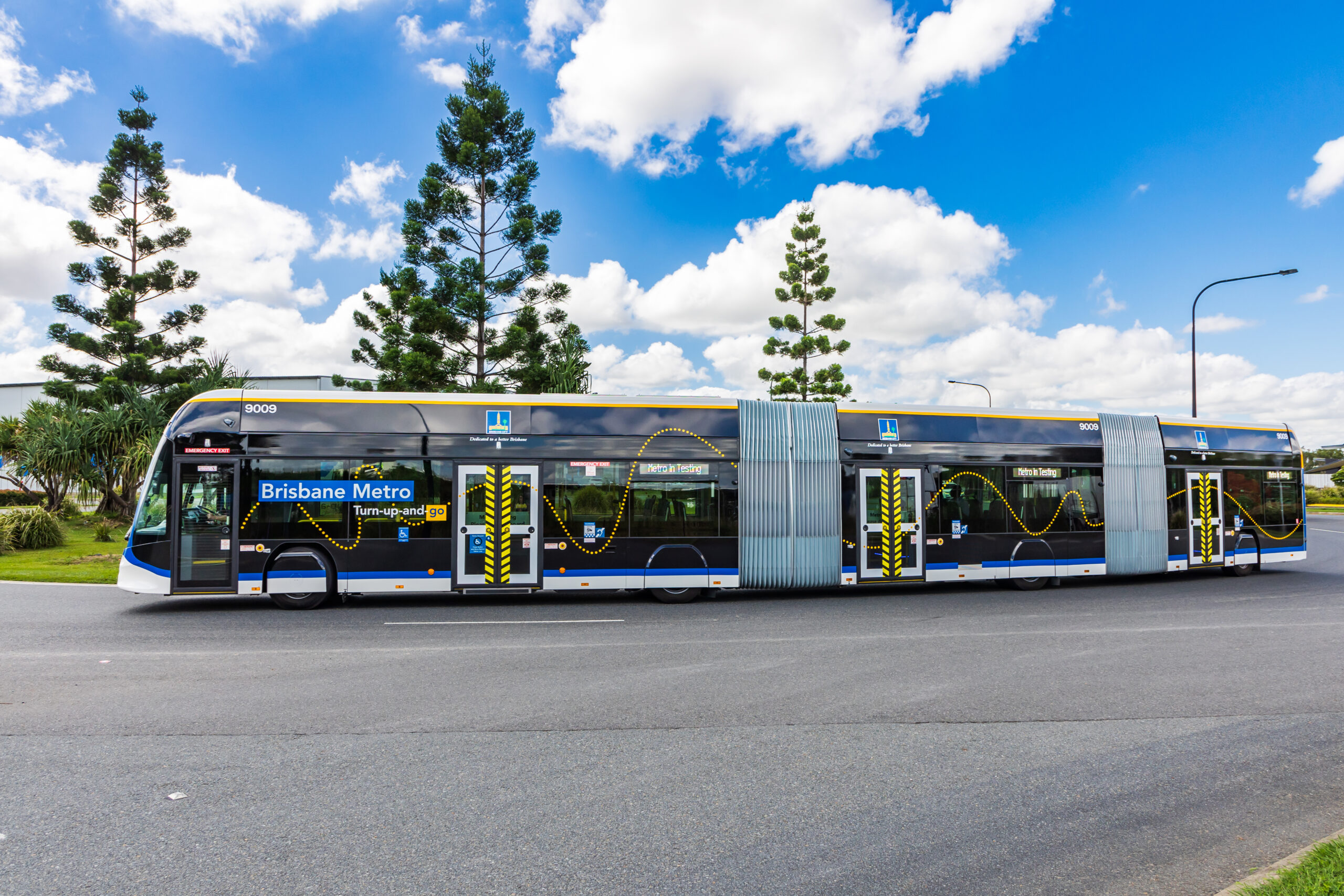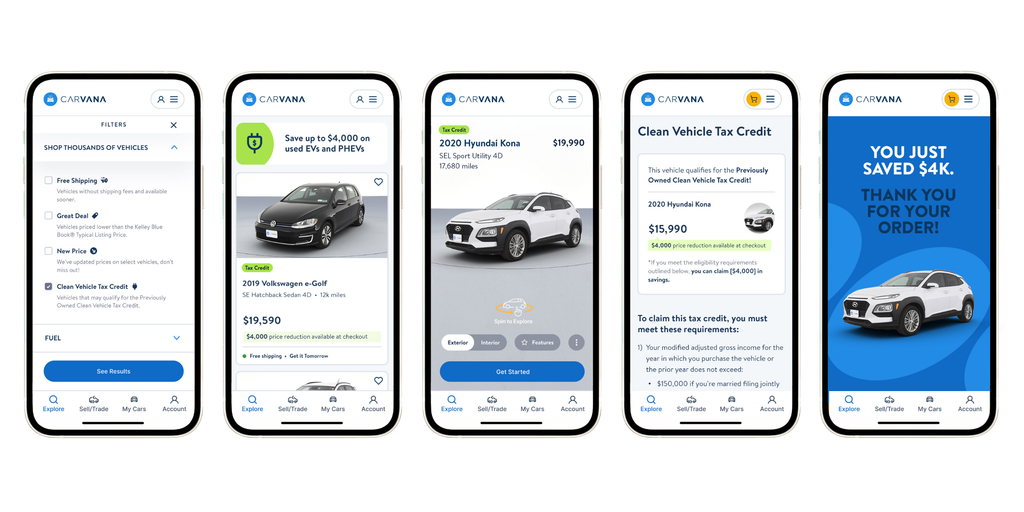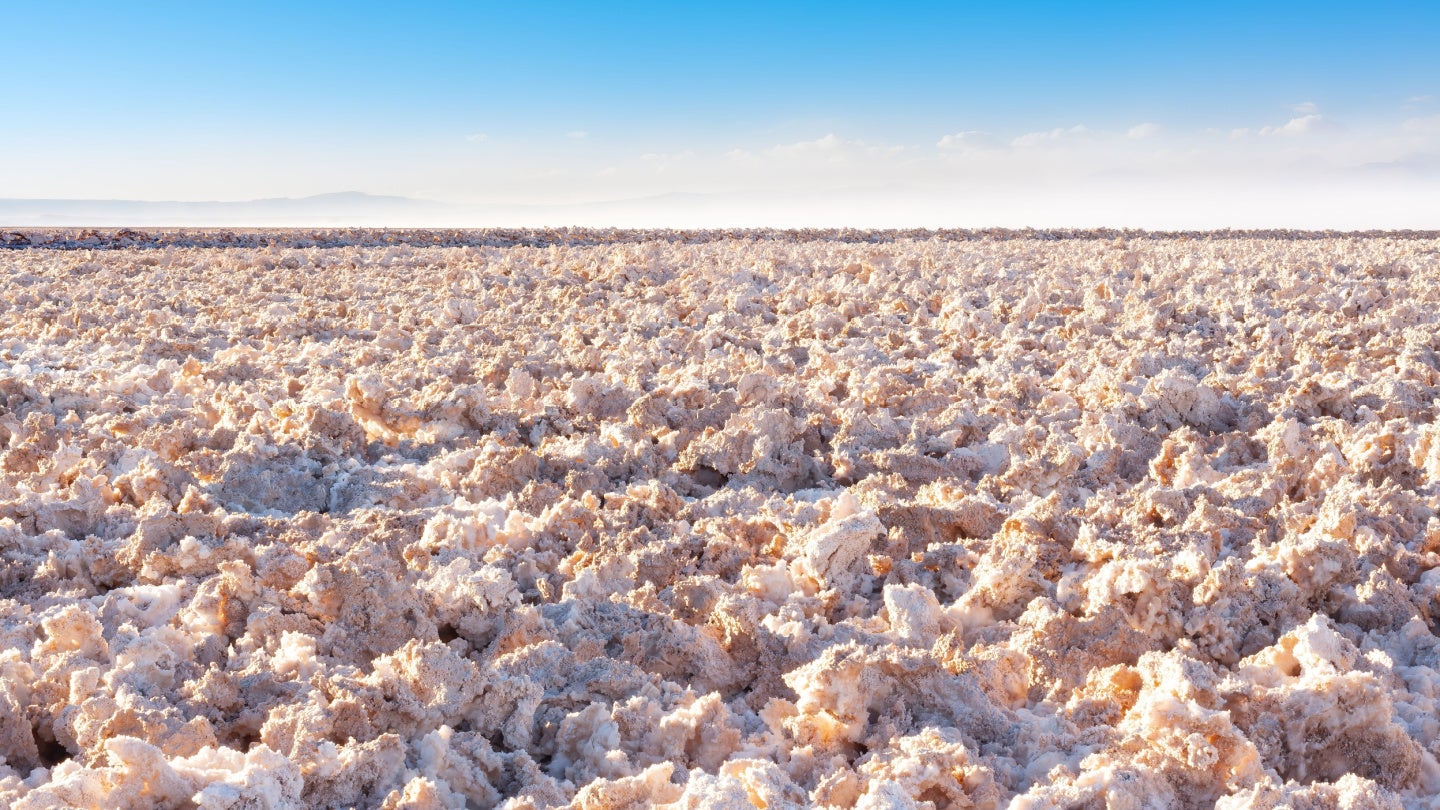
As I was skimming through the dozens of clean energy newsletters that pop up in my in-box everyday, I glanced upon a link to an interactive workshop where participants could learn about the climate crisis. Cool, I thought. Save that one for later. Then I inadvertently deleted a slew of emails, and it was lost. Or so I thought. An internet search came up with numerous workshop approaches to learn about the climate crisis.
Here are some that might interest you.
Climate Change Adaptation Workshop planning guide supports public agencies to begin identifying and implementing climate change adaptation strategies. The methodology centers on a single half-day workshop — just right for attracting and keeping public employees’ attention spans and garnering their interest. The goal is to facilitate a team toward identifying tangible adaptation initiatives and securing necessary ownership and approvals. Activities include initial reflections, focused conversation, interactive presentation, breakout groups, team reports, and group reflection on emergent themes.
Climate Change Response Framework offers a variety of education and training opportunities on climate change, ecosystem response, and options for adaptation and mitigation. Trainings for natural resource professionals range in duration, complexity of information, and level of participant engagement/ activity. A series of templates guide facilitators for personalizing topics and designing new events based on the interests and needs of the participants. Possible workshops include climate change educational seminars, climate change issues prioritization, adaptation planning and practices, and training in advanced climate change topics.
The Climate Initiative offers Climate Courage Workshops, which focus on complex emotional responses that come up in when discussions of the climate crisis are front and center. The workshops create a space which supports young climate leaders to lean into their feelings about the climate crisis. They are supported to bear witness to their inner difficulties and to create a self-care plan to sustain them for the long-term. From there, young climate leaders develop a vision for themselves as resilient leaders in their communities.
Climate Fresk is a collaborative climate workshop that teaches the fundamental science behind climate change and empowers participants to take action. By activating the group’s collective intelligence, Climate Fresk workshops enable participants to take ownership of the subject matter. The methodology doesn’t involve an expert presenting information to the group; instead, it requires all participants to take an active role in the building-up of the Fresk, becoming participative learners. As participants link the causes and effects of climate change, they are able to take a step back and understand the systemic nature of the challenges. Participants can choose to take part in a workshop and even become a facilitator. A New York Times reporter sat in on Climate Fresk recently and said that the events “have become a trendy night out in France, with more than a million participants.”
Climate Links provides learning opportunities for USAID staff to address climate change considerations in their work across sectors. These include face-to-face training and workshops, online courses, asynchronous learning, and interactive webinars. All training is designed to help participants master a defined set of climate change technical competencies. Many USAID projects also provide climate change learning opportunities for host country counterparts and other development practitioners.
The En-Roads Climate Workshop is an interactive experience which helps build support for strategies to address climate change through the testing of the En-ROADS Climate Simulator. En-ROADS is a freely-available online simulator that provides policymakers, educators, businesses, the media, and the public with the ability to test and explore cross-sector climate solutions. Designers say the resulting experience is “hopeful, scientifically-grounded, action-oriented, and eye-opening.” Co-developed with the MIT Sustainability Initiative, the workshop is set up as an interactive group learning experience that promotes greater understanding of the causes of climate change and the solutions essential to mitigating it.
US Climate resilience toolkit helps participants learn about the climate crisis in at least one of three formats: online audio-visual presentations (“Online, Self-Guided” and “Tool Tutorial”), training webinars (“Online, Scheduled Lecture Series”), and residence training courses (“Onsite, Instructor-Led”). Each training module is accompanied with a test to help evaluate participant knowledge. Topics include adaptation training for coastal communities, building risk communication skills, and climate change and extreme weather, among many others.
World’s Largest Climate Lesson is a pack that focuses on building an action-focused, holistic understanding of the climate and ecological crisis that is facing our world and encouraging youth action for climate. The goal is to empower every African child with the capacity to understand and relate the UN Sustainable Development Goals to their everyday life. The Introduction section has background information to help facilitators to understand a little more about how to run effective workshops and learn about the climate crisis. The workshop content offers scripts to run the workshops. The activity mats give additional ideas for workshops using the resources in different ways. The resources appendix provide workshop worksheets. The pack seems transferable to other regions.

Final Thoughts
If these workshops inspire you to learn about the climate crisis, then maybe you should consider attending the World Conference on Climate Change & Sustainability (Climate Week 2023) in Rome in October. It is the annual gathering of climate leaders from the academic, business, public, and nonprofit sectors. This year’s theme is Advancing Nature and Positive Solutions for Net Zero and Sustainable Future. Topics to be discussed include evidence of climate changes, global warming effects and causes, AI and machine learning in climate change, CO2 capture and sequestration, alternative energy, smart cities, circular economy goals, renewable energy to mitigate climate change, and sustainability and climate change. People from all walks of life – from scientists, researchers, doctors, educators, policymakers, industrialists, students, academics, and social workers – will be in attendance and offer talks. Climate Week 2023 has the goal to provide a platform for discussions on climate and sustainability societies, by creating a stimulating environment that produces innovative ideas and clear pathways towards their implementation.
If you really want to go big, you can also attend the COP 28 Climate Summit, which is scheduled for November, 2023 in Dubai. At COP 28, governments will conduct for the first time a “global stocktake” that will set out the progress countries have made on the emissions reduction commitments — known as “nationally determined contributions” or NDCs — they made in Paris. This should be tense and fraught with accusations… but a once-in-a-lifetime experience.
I don’t like paywalls. You don’t like paywalls. Who likes paywalls? Here at CleanTechnica, we implemented a limited paywall for a while, but it always felt wrong — and it was always tough to decide what we should put behind there. In theory, your most exclusive and best content goes behind a paywall. But then fewer people read it! We just don’t like paywalls, and so we’ve decided to ditch ours. Unfortunately, the media business is still a tough, cut-throat business with tiny margins. It’s a never-ending Olympic challenge to stay above water or even perhaps — gasp — grow. So …




